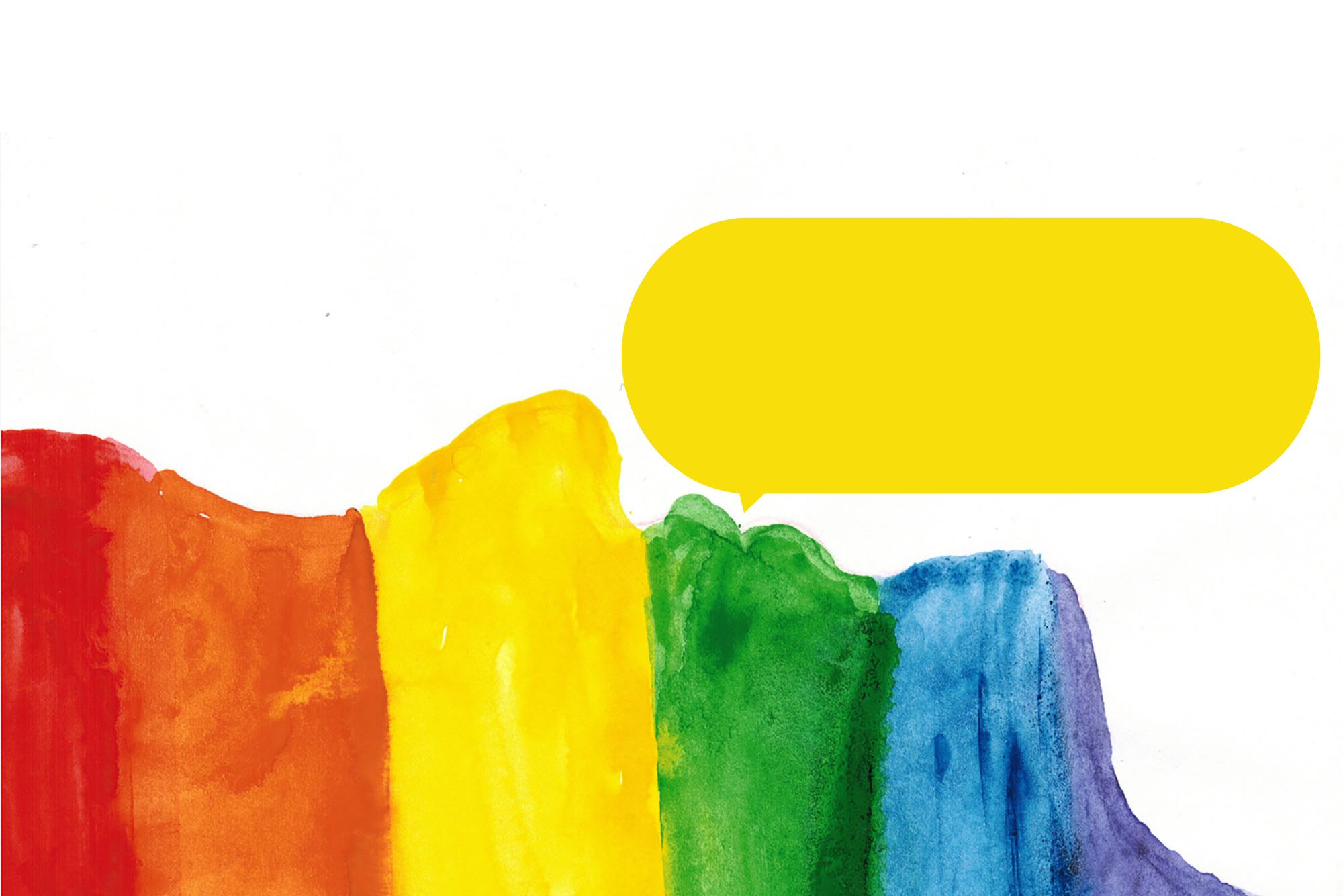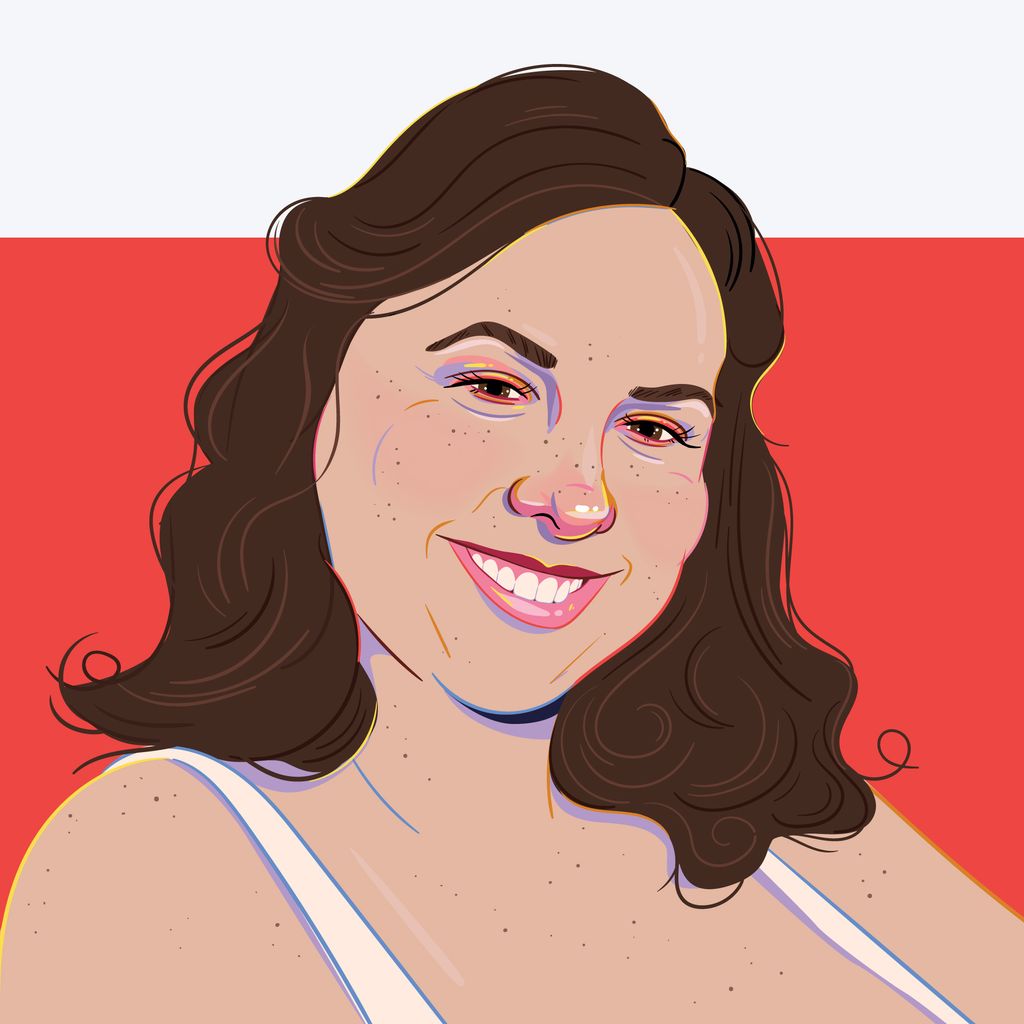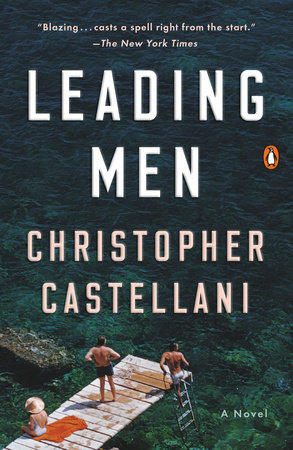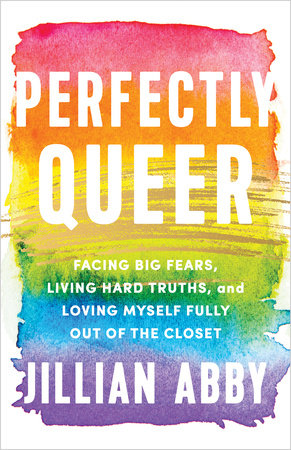Don’t Say Gay: Three Alumni Authors Speak Out on LGBTQ Book Bans

Photo by Natalya Bosyak/iStock
Don’t Say Gay: Speaking Out on Book Censorship
BU queer authors discuss book bans, and what targeted restrictions mean for all readers
Book bans have reached a record high over the past two years.
The number of demands to remove books from library shelves topped 1,200 in 2022—more than double the total from 2021 and marking a 20-year high, according to the American Library Association. PEN America’s Index of School Book Bans listed 1,477 instances of book bans in schools across the country, representing almost 900 different titles, from July 1 to December 30, 2022. The targets were overwhelmingly titles by and about people of color and LGBTQ+ individuals, according to PEN America.
It all marks a major shift from when Sarah Prager published her first book, in 2017. Prager (CAS’08) is the author of several queer history books for children and young adults. Her titles Queer, There, and Everywhere: 27 People Who Changed the World (HarperCollins, 2017) and Rainbow Revolutionaries: 50 LGBTQ+ People Who Made History (HarperCollins Children’s, 2020) have both been placed on “restricted” lists or singled out by legislators for removal from schools.
When Queer, There, and Everywhere came out, Prager says, “I was so heartened by the inspiring reception it received from queer youth and grateful teachers, librarians, and parents. I think I got one homophobic email in years.” Now, every time she gets a Google alert about her work, “instead of a book review, it’s another ban.” And when she checks her social media mentions, “I’m getting called a groomer and a pedophile, like other authors of queer children’s literature. I dread alerts now.” Prager no longer shares where she lives—for safety reasons, she says.
Of course, book bans aren’t new. Classics like The Adventures of Huckleberry Finn and Uncle Tom’s Cabin have long faced bans from classrooms over their use of racist language and stereotypes. But the recent ban attempts are more and more the result of parents’ rights coalitions—such as the conservative juggernaut Moms for Liberty— targeting books with antiracist or LGBTQ+ themes as inappropriate for children. What’s more, they increasingly have local legislation to support them.
One example is Texas House Bill 900, which requires book vendors to assign ratings based on the prevalence of references to sexual activity. In public school libraries, books with “sexually relevant” ratings (containing sexual material that is part of a school’s mandatory curriculum) would require parental permission to check out. Books with “sexually explicit” ratings (containing sexual material that is “patently offensive” and is irrelevant to a curriculum) would be removed from shelves. (Texas law defines “patently offensive” as materials that are an affront to “current community standards of decency.” It does not define the community standards.) The bill was signed into law by Texas Governor Greg Abbott but toggles in and out of enforcement as a result of continuous legal challenges from both sides.
Besides Texas, book bans are most prevalent in Florida, Missouri, Utah, and South Carolina, PEN America has found.
“I still want people to discover my work,” Prager says. “But the more people who discover it, the more it’s put at risk of them trying to censor it.”Bostonia spoke to Prager and fellow queer authors—Jillian Abby (Questrom’04), who wrote the memoir Perfectly Queer: Facing Big Fears, Living Hard Truths, and Loving Myself Fully Out of the Closet (Hay House Inc., 2023), and Christopher Castellani (GRS’99), author of the novel Leading Men (Viking, 2019) and artistic director of the creative writing nonprofit GrubStreet—about the current state of censorship and what book bans mean for readers of all identities.



Sarah Prager
Christopher Castellani
Jillian Abby
Q&A
with Jillian Abby, Christopher Castellani, Sarah Prager

Bostonia: Banning books from schools and libraries is about controlling the flow of information to readers. What do you think drives the desire to ban certain information?
Jillian Abby: I think it all boils down to fear. I see a fear in parents that if their children know that LGBTQ+ people exist, then they’ll start asking questions. Or maybe their children will question if they may be LGBTQ+ themselves. I understand the concerns from a parent’s perspective—especially those in communities that are trying to ban books—that people won’t support parents whose child comes out. I understand that there is a very real fear that they won’t be accepted in their community.
The issue here is—and particularly in Florida, where I live—that we’re taking beliefs and holding them out as if they’re facts. And then we’re taking facts and holding them out as if they’re beliefs. But you can’t deny the existence of LGBTQ+ people; LGBTQ+ people exist. That is not a belief; that is a fact. That should be something that we can educate on. Now, how awesome Pride is? Fine; that’s subject to interpretation, and we don’t have to teach about that. But to deny the existence of nonheterosexual identities, particularly when for some historical figures their identity shaped their life and who they were in the world? That’s strange to me.
Christopher Castellani: Writers—novelists, fiction and nonfiction writers, poets, children’s authors—are all truth tellers. We’re revealing literal and emotional truths; we are mirrors back to the culture. It actually makes sense to me why some people are afraid of reading LGBTQ+ books, because a lot of people don’t want to challenge their assumptions [about the world]. It’s way more comforting to be angry and make a boogeyman out of a culture than it is to really investigate that culture or a person in their full humanity. That takes work—and most people don’t want to do that work. We’re all guilty of that on some level.
But the irony, of course, is that if people actually read these books and read about the experiences that are told by these truth tellers, they would start to break down their fears and be liberated from them. But they don’t want to do a deep investigation of their own lives and their own complicity in the marginalization of others. The main thread here is that people are afraid. They’re going to read these books and feel like they’re complicit and being held accountable, and that’s not pleasant a lot of the time.
Bostonia: Sarah, your work has been the subject of bans. What would you like people who may be afraid of your books to know?
Sarah Prager: What I’ll say is this: I believe that many people who work to ban my books have not read my books. So, I would ask first that they read them. I would also welcome them to reach out to me to discuss the work with me.
But I would also say to parents who may be scared of their middle schoolers and teenagers growing up and discussing the themes that books get banned over: your middle schoolers and teenagers are already discussing these themes. For them to read books that discuss those topics in age-appropriate ways—that, by the way, have been vetted by major publishers, teachers, and librarians, who are all trained professionals—is an excellent way for youth to explore topics that they and their peers are already talking about. They help youth to further explore topics that they will come across anyway. It’s impossible to try to deny the existence of LGBTQ+ people by trying to pull every single book in existence with a single mention of them off the shelf, especially when the internet exists.

Bostonia: What’s the value of having access to books written by people with marginalized identities?
Castellani: So, I write novels. It’s great that there’s so much more LGBTQ+ representation in film and TV now. But when it comes to books, and novels in particular, what they give readers is a sense of wholeness in regard to a character’s inner life. That is the kind of thing that LGBTQ+ young people in particular need to experience—getting to know characters on an intimate level, and feeling the emotions and the hearts and souls that they have in common. It’s sort of a cliché to talk about seeing yourself reflected in a character, but it’s true [and important].
However, it’s not as if we only write our books for people who might identify with our characters. Any book or novel that does a good job of representing fully fleshed-out characters is simply increasing the amount of empathy in the world. There’s actual science that backs up the fact that when we read a novel and take in a character’s experiences, our brains almost can’t distinguish whether something was our own experience or the character’s. So, straight readers who read about queer experiences can empathize with queerness without even really realizing it.
Bostonia: Reading through both legislation and materials from parent groups, much of the reasoning behind banning certain books revolves around sexual orientation and gender identity being deemed “explicit” topics for young readers. Why is that erroneous, in your eyes?
Prager: I also hear exposure to those concepts referred to as “indoctrination.” As if reading a picture book about a prince and a princess is not “indoctrination” to heterosexuality! Kids are constantly exposed to heterosexuality and cisgender gender identity at school: using “Mr.” and “Mrs.” for teachers; the enforcing of boys and girls bathrooms, etc. So, banning a book about a prince loving a prince while saying another book about a prince loving a princess has “nothing to do with sexual orientation” is so clearly just discrimination. These bills and bans are not asking to ban the mentions of sexuality. They’re only asking to ban the mentions of LGBTQ+ identity. They’re not actually asking to protect children from being sexualized or not hearing about sexuality too young. It’s all based on thinking that LGBTQ+ identity is inherently sexual while straight identity is inherently not.
My focus is teaching queer history. I’m not trying to talk about what these historical figures did in bed; I’m just mentioning the identity label that they had and what they did for their historical accomplishments, like you would for any historical figure. A book might mention that a man had a wife; I just want mention that a man had a male partner. My middle-grade book that gets banned, Rainbow Revolutionaries, says that someone “loved men and women”—not slept with men and women. It’s nothing more than that, depending on the age. A book for older teens might have a teen-appropriate level of discussion that another young adult book at the same level would also have.
Abby: The thing is, if we talked about what the “problem” is—having inappropriate or graphic content in our classrooms—I think all parents could come together and agree: no parent wants pornography in the classroom. We could create definitions of what pornography is. We could create standards to evaluate books by. Where it’s getting confused is that people are making up their own definitions of what they consider to be inappropriate or pornographic. Anything LGBTQ+ automatically becomes pornographic. Toni Morrison sharing her real, lived experience becomes pornographic. Any mention of anatomy becomes pornographic. If we clearly identified the problem, then it would be easy to find solutions—but the goal is not to actually solve a problem. It’s to remove information about LGBTQ+ and BIPOC populations and certain religions. But these parents and lawmakers will never come right out and say that.

Bostonia: Book bans don’t singularly impact the queer community; many also revolve around books written by people of color, which goes hand-in-hand with attacks on critical race theory in schools and so-called “woke” curricula. But these recent bans seem to be part of a larger pattern of attacks on LGBTQ+ rights, from criminalizing drag to banning gender-affirming care for minors. Do you feel like this moment is indefinite, or does it have an end?
Castellani: These things come in waves. This is not the first wave that I’ve lived through. I remember 2004, when there was so much antigay legislation on the ballot that really swung the election back toward George W. Bush for his second term. That felt like the worst time at the time; there was a lot of antigay violence happening, because the freedom to marry cause was at the top of minds. Books like Heather Has Two Mommies were getting banned as well. Teachers were being fired from schools for being gay. And, of course, having lived through the AIDS epidemic—I mean, this is not our first rodeo.
We’re going to ride it out, and we’re going to keep doing the work we’ve always done both on and off the page. We’re going to keep writing and mobilizing communities and donating money. Nobody I know has ever thought that the fight was over; this is just the latest battle. And the side of misinformation is going to lose—they always lose. The truth always wins out. You have to have that faith.
Bostonia: What can parents and readers do to help show support for banned books and marginalized writers?
Prager: They should be telling their school boards, library boards, librarians, and teachers that they support diverse books. Sometimes those folks aren’t buying certain books out of fear that they might be challenged. So, knowing that they have support from the community is really crucial. Proactively requesting that certain books be bought for a library is really easy—look up the American Library Association’s “Rainbow List” and request some of those books for your local library. That gives a librarian some protection in the event of a challenge, because they can say it was a patron request. Keep tabs on what’s happening at your local school board meetings to make sure that if book bans come up, you show up at the next meeting to lend support to the side of inclusion. Running for school board is a bigger responsibility that you could take on, but there are plenty of smaller ways to help. And, of course, reading these books to your kids and buying them or checking them out from the library is great, too.
Comments & Discussion
Boston University moderates comments to facilitate an informed, substantive, civil conversation. Abusive, profane, self-promotional, misleading, incoherent or off-topic comments will be rejected. Moderators are staffed during regular business hours (EST) and can only accept comments written in English. Statistics or facts must include a citation or a link to the citation.